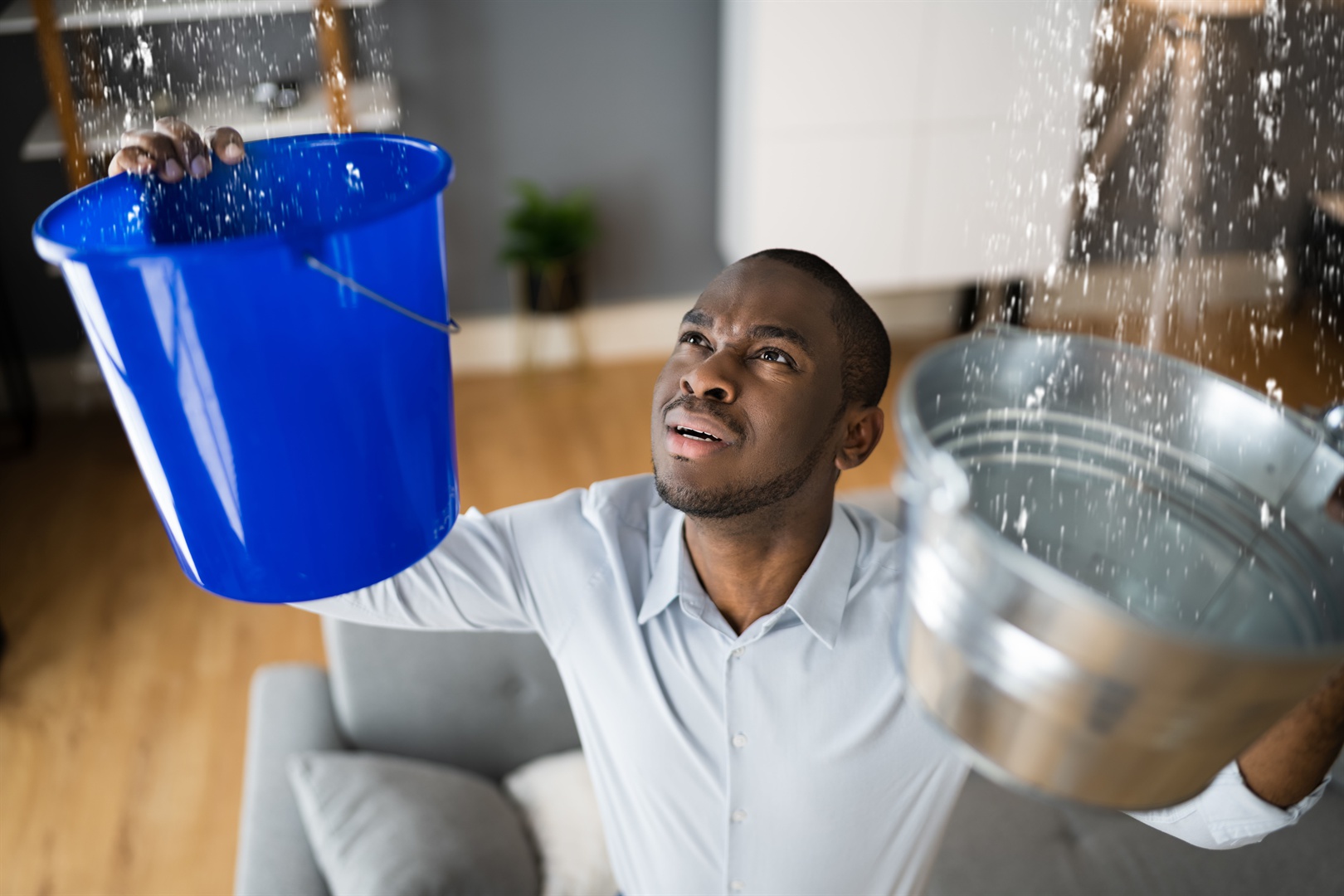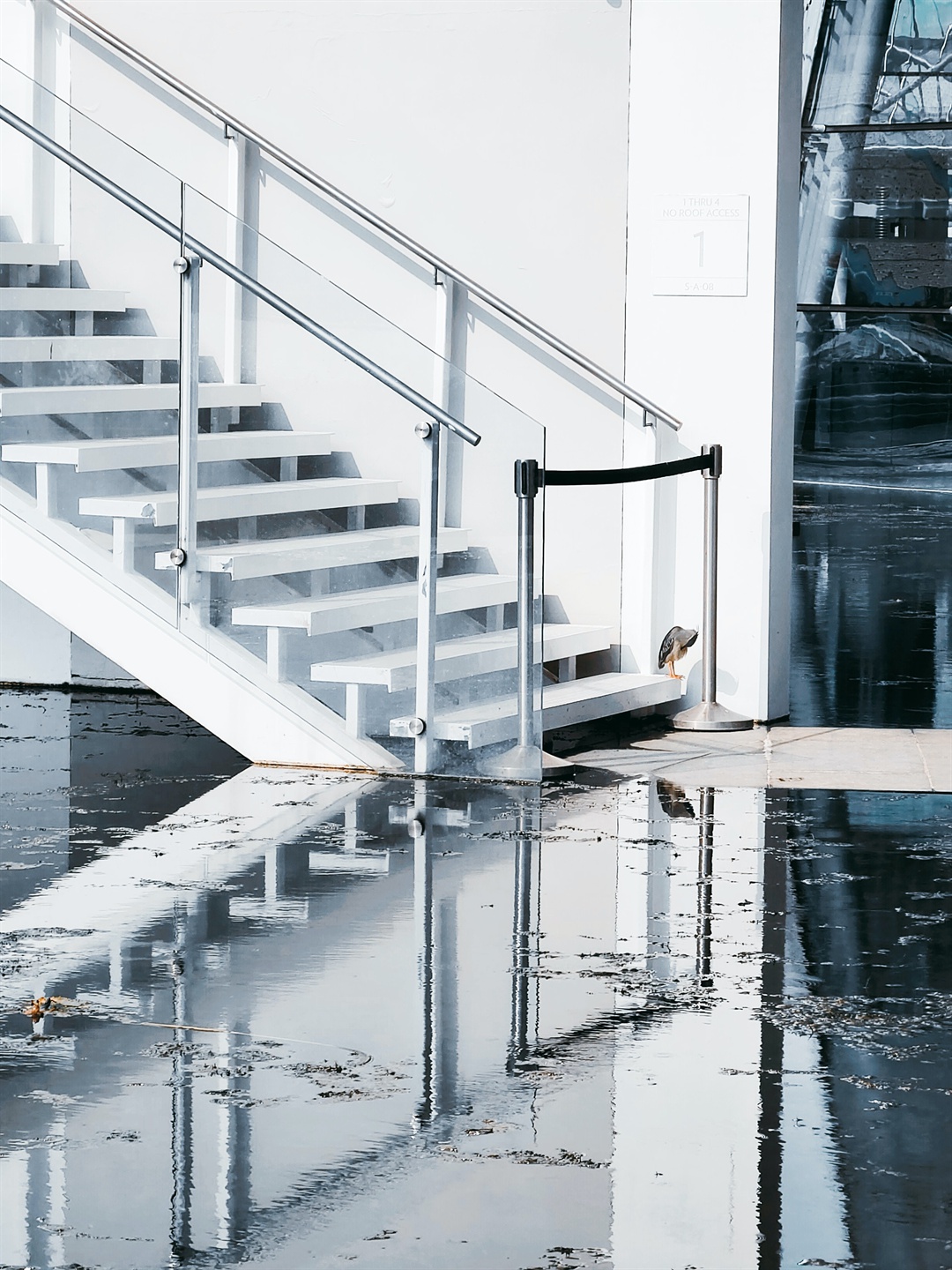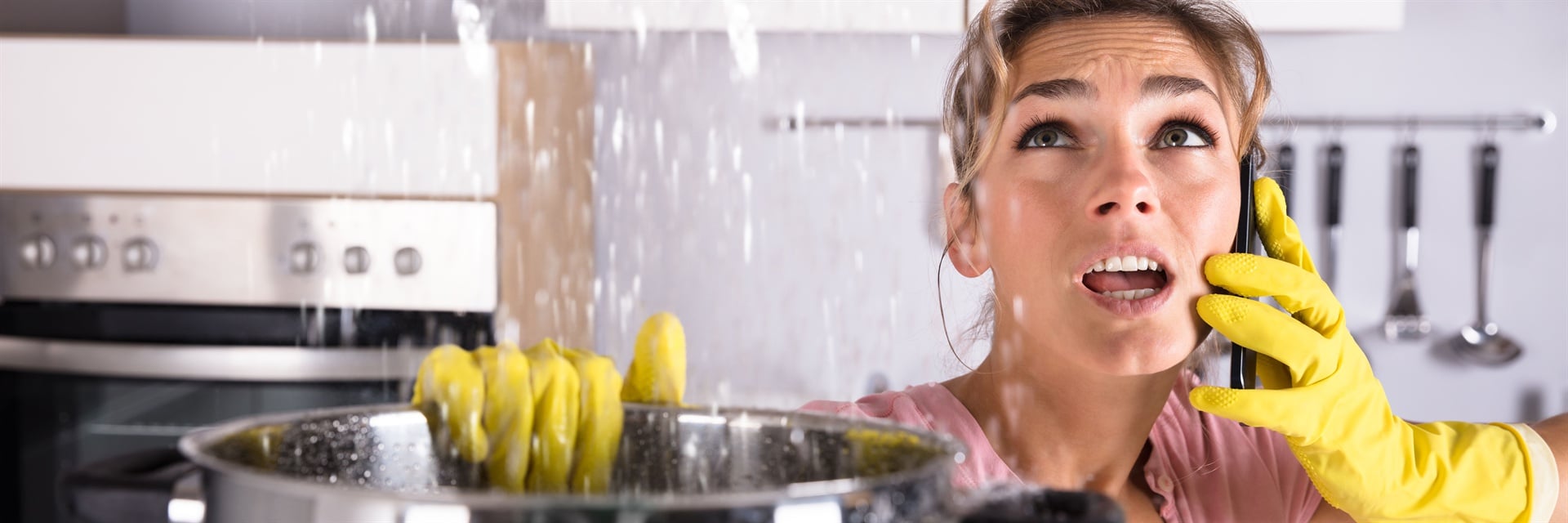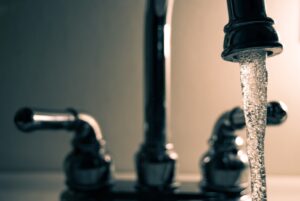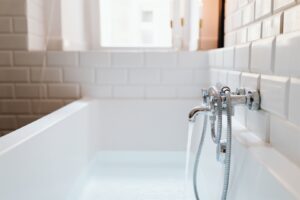When purchasing a new house, diligent inspection is vital, and one crucial aspect that requires thorough examination is the plumbing system. In this detailed guide, we will outline the essential steps for assessing the plumbing systems, identifying potential problems, and ensuring a seamless buying experience. By following these guidelines, prospective homebuyers can make informed decisions and avoid costly plumbing issues in the future.
contents

1. Reviewing Documentation: Plumbing Permits, Reports, and Maintenance Records
Before physically inspecting the property, it is crucial to review any available plumbing documentation. This includes permits, inspection reports, and maintenance records. This step provides valuable insights into the maintenance history and potential issues that have been addressed in the past, giving buyers a better understanding of the plumbing system’s condition.
2. Engaging Professional Plumbing Inspectors for Thorough Evaluation
While personal observations are valuable, it is highly recommended to enlist the services of professional plumbing inspectors. These experts possess the necessary knowledge and experience to identify hidden plumbing problems that might go unnoticed by an untrained eye. Their comprehensive assessment ensures a thorough evaluation of the plumbing system, providing invaluable information to potential buyers.
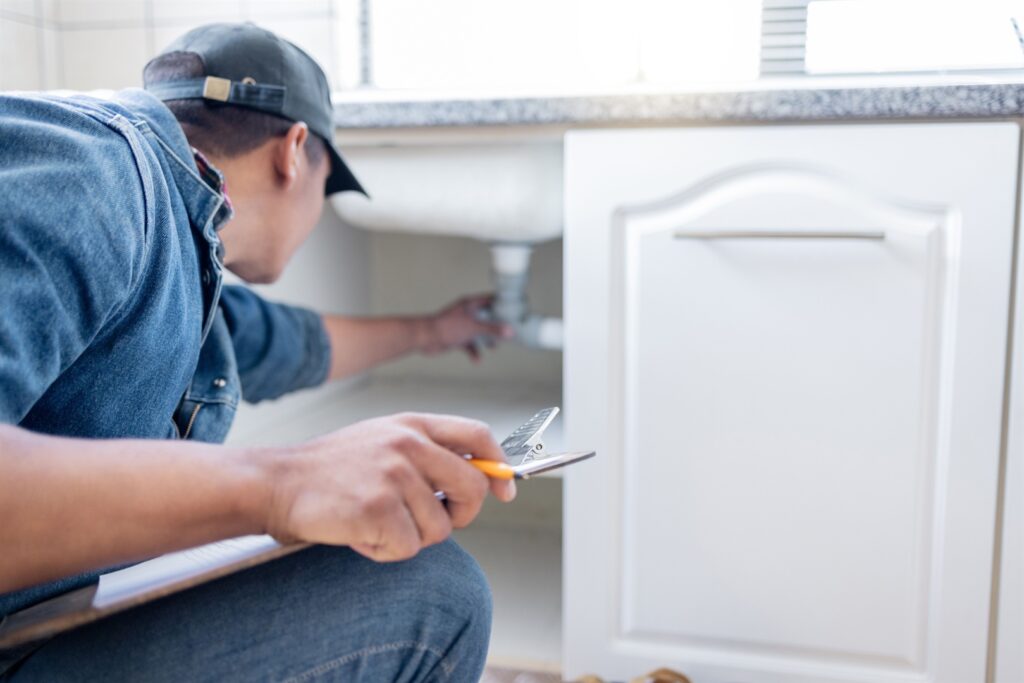
3. Conducting Visual Inspections: Identifying Visible Plumbing Components
Visual inspections serve as an initial step in evaluating the plumbing system. This involves examining visible components such as pipes, fixtures, and water-related appliances. By keenly observing for signs of leaks, corrosion, loose connections, or damaged fixtures, buyers can identify existing or potential problems. Additionally, checking for adequate water pressure and ensuring proper drainage is essential.
4. Assessing Water Supply and Drainage: Testing Faucets, Showers, and Toilets
To ensure a reliable water supply and efficient drainage, it is crucial to test all faucets, showers, and toilets in the house. Observing the water flow, clarity, and any unusual odors helps identify potential issues. Slow drainage or persistent clogs may indicate underlying plumbing problems like blocked pipes or inadequate venting, necessitating further investigation.
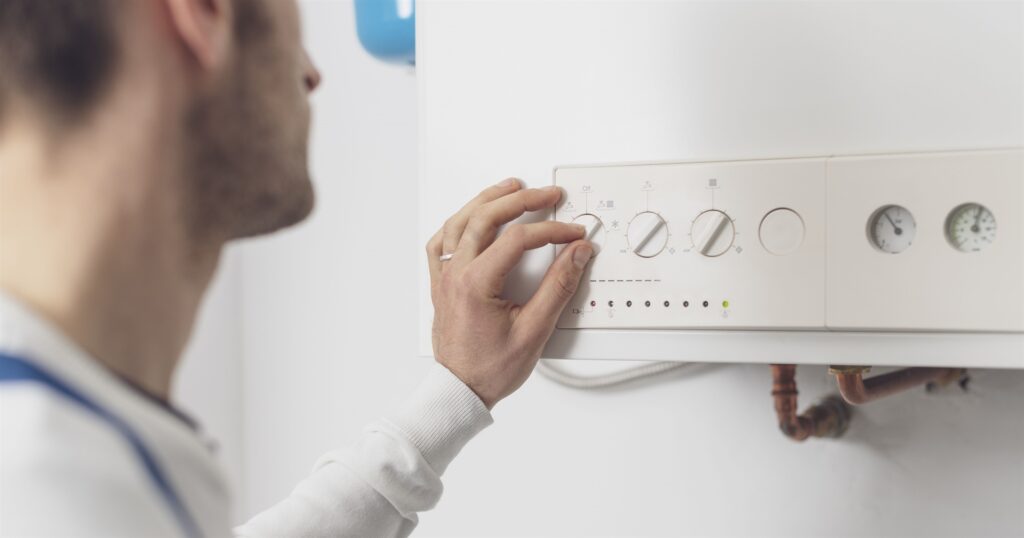
5. Evaluating the Water Heater: Inspecting for Leaks, Rust, and Capacity
The water heater is a vital component of the plumbing system. Inspecting it thoroughly for signs of leaks, rust, or sediment buildup is essential. Verifying the age of the unit is also crucial, as older models might require replacement soon. Additionally, assessing the water heater’s capacity and its suitability for the household’s needs is an important consideration during the evaluation process.
6. Examining Supply Pipes and Sewer Lines: Identifying Damage and Material
Examining the supply pipes, including both visible and concealed sections, is crucial. Checking for signs of damage, leaks, or outdated materials is vital for determining potential plumbing issues. Inquiring about the type of materials used for the pipes, especially in older homes, is important since materials like lead or galvanized steel may present health and maintenance concerns.
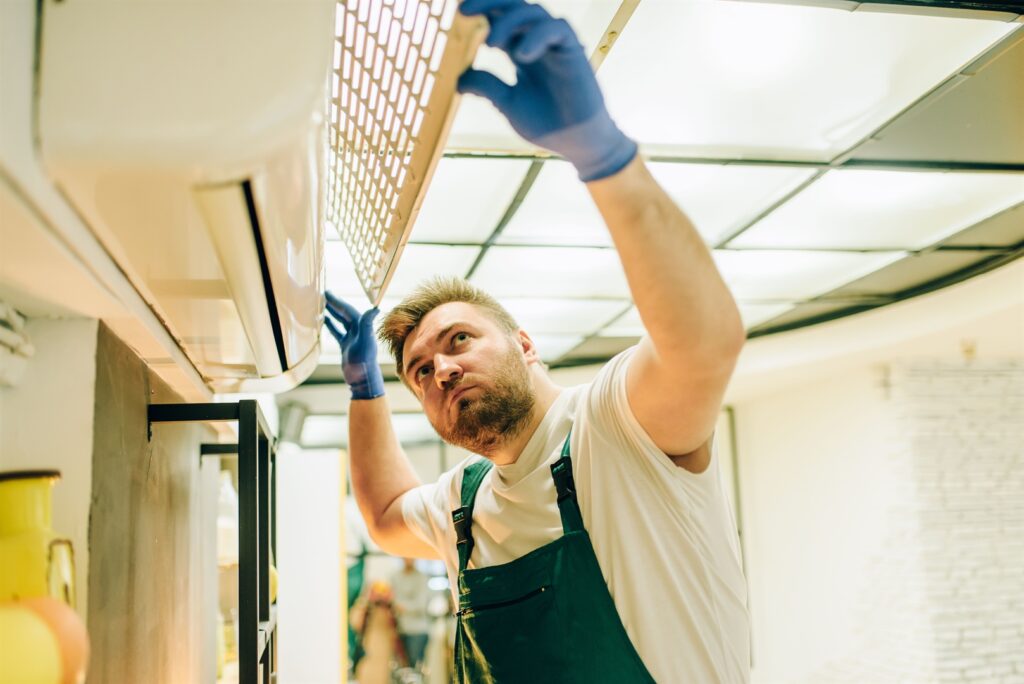
7. Evaluating Ventilation and Drainage Systems: Ensuring Proper Functionality
Proper ventilation is necessary to prevent the buildup of harmful gases, such as sewer gas. Inspecting vent pipes on the roof and ensuring they are unobstructed is essential. Assessing the main sewer line and septic system, if applicable, helps identify potential blockages or malfunctioning components. A thorough evaluation of these systems ensures the proper functionality and safety of the plumbing infrastructure.
8. Testing Water Quality: Identifying Contaminants and Health Risks
Water quality is crucial for the well-being of occupants and should not be overlooked during the inspection process. Conducting a water quality test is highly recommended to check for contaminants such as bacteria, lead, or excessive mineral content. High levels of these substances can affect health and potentially indicate problems with the plumbing system or water source. It is important to prioritize the safety and quality of the water supply to ensure the well-being of the future residents.
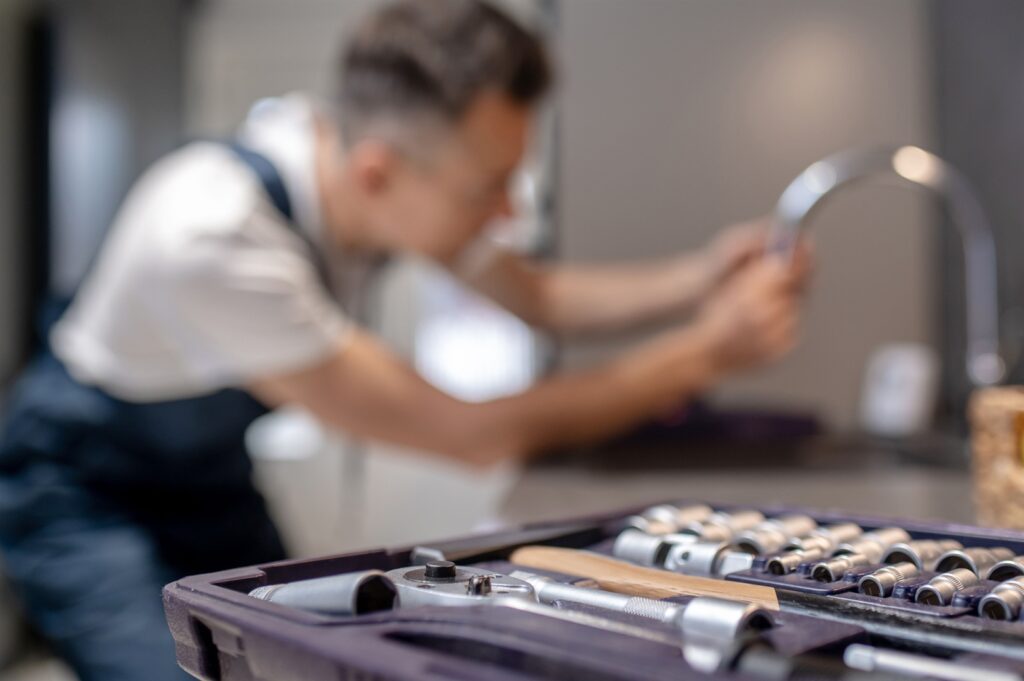
9. Evaluating Accessibility and Future Maintenance: Consideration for Long-Term Ownership
Assessing the accessibility of the plumbing system for future maintenance and repairs is a prudent step. It is crucial to determine if shut-off valves are easily accessible, as they allow for the isolation of the water supply during emergencies or repairs. Additionally, consider the ease of accessing pipes and fixtures for any potential repairs or upgrades in the future. Having easy access to plumbing professionals in the area is also advantageous for timely and efficient maintenance.
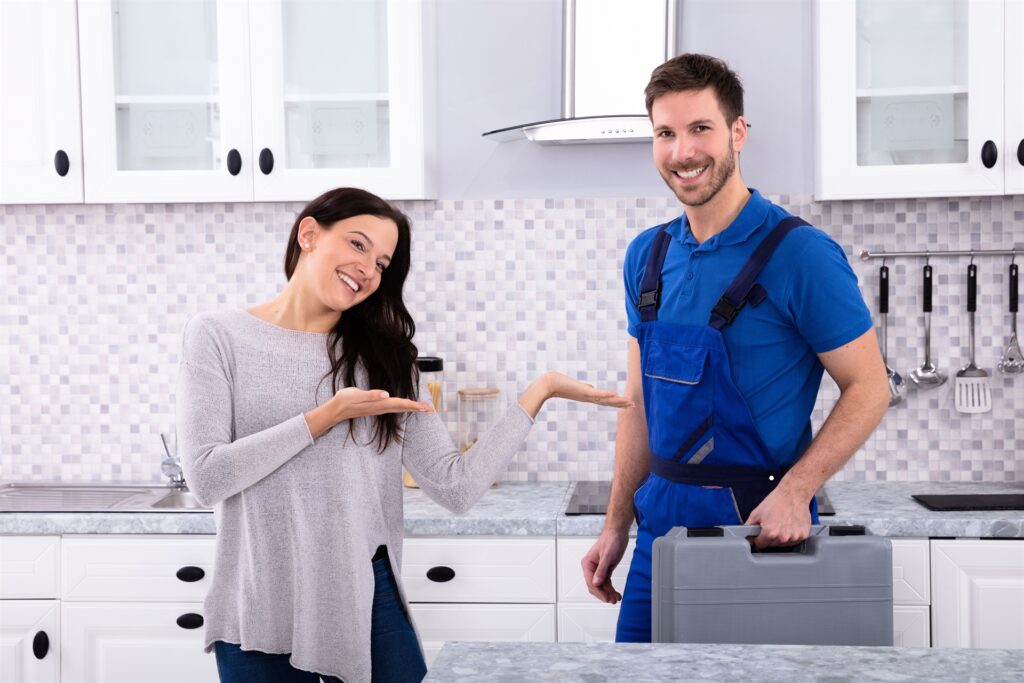
Conclusion
When purchasing a new house, paying meticulous attention to the plumbing system is of utmost importance. By following the steps outlined in this comprehensive guide, prospective homebuyers can effectively evaluate the plumbing infrastructure, identify potential issues, and make informed decisions. Engaging professional plumbing inspectors, conducting visual inspections, assessing water supply and drainage, evaluating the water heater, examining supply pipes and sewer lines, reviewing ventilation and drainage systems, testing water quality, and considering accessibility and future maintenance are all crucial components of a thorough plumbing inspection.
By taking these measures, homebuyers can ensure a sound plumbing system and avoid potential plumbing problems in the future. Investing time and effort in evaluating the plumbing system will contribute to a confident and satisfactory home purchase, providing a solid foundation for a comfortable and hassle-free living experience.



